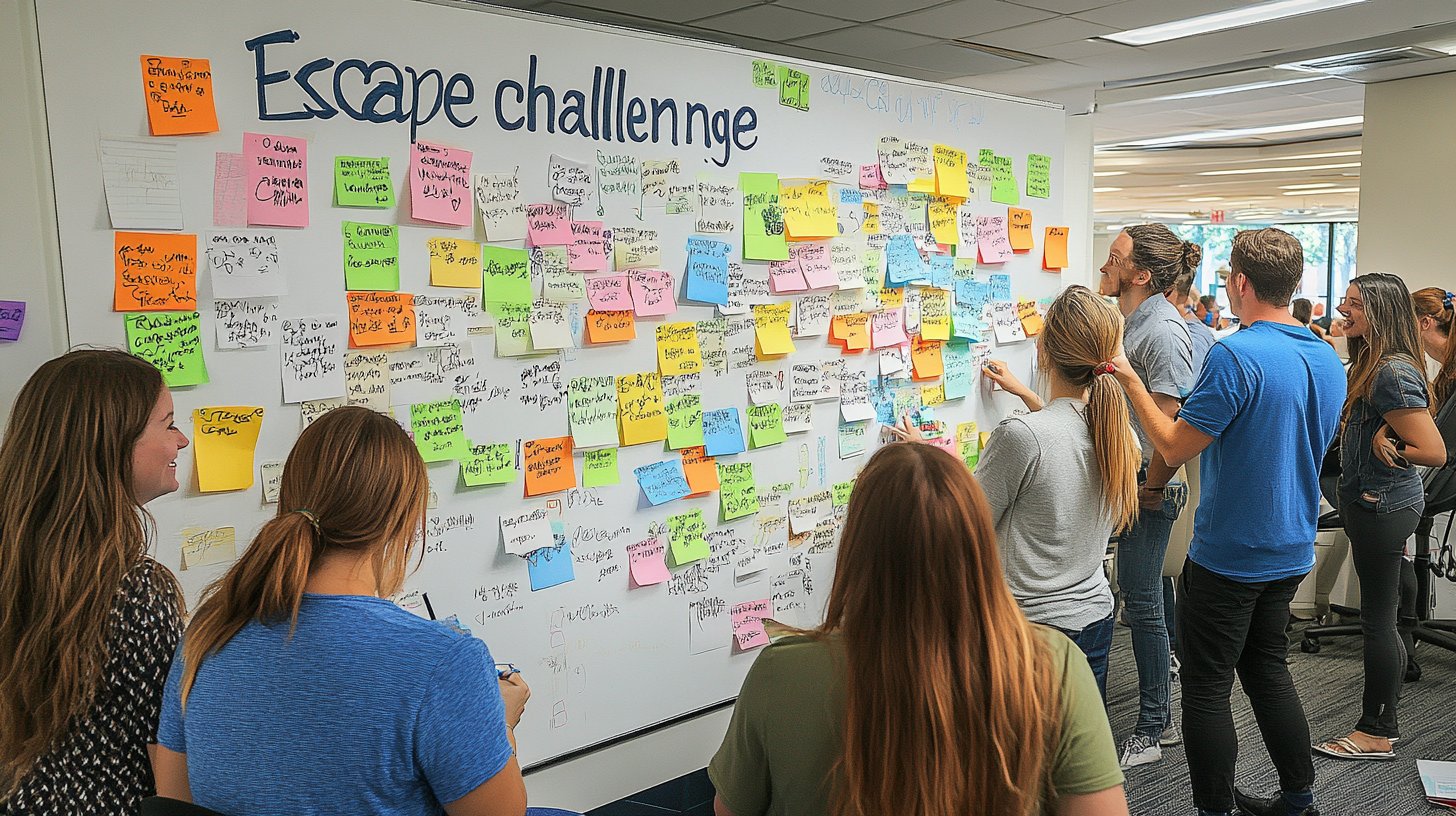Are you looking to strengthen team bonds while boosting collective motivation? Organizing a successful team building event can sometimes feel overwhelming. You want the event to reflect your company’s values while meeting the expectations of your team. But how can you ensure that the chosen activities will appeal to everyone and have a meaningful impact?
We understand your challenge: balancing professional goals, budget constraints, and diverse team profiles. Thoughtful planning and strategic choices ensure an event that is both fun and beneficial. Our practical guide walks you through every step to design a team building experience that inspires and unites your team around a rewarding and tailored activity.
Explore the keys to aligning your ambitions with your activities while creating an unforgettable collaborative dynamic.
Defining the Objectives of Team Building
Before planning activities, you must identify the goals you want to achieve with your team building event. These goals could include strengthening team bonds, improving internal communication, or simply offering a fun break to reduce workplace stress.
Once the objectives are clear, it becomes easier to select suitable activities and measure the event’s impact on the team.
Objectives to Consider:
- Strengthening team cohesion
- Improving communication
- Stress management
- Boosting creativity
Choosing the Right Activities
The choice of activities largely depends on the objectives set. There are countless options, each offering different benefits depending on the target group.
It’s essential to consider the participants’ profiles and preferences. For instance, some may prefer outdoor activities, while others might feel more comfortable with creative workshops or board games.
Activity Examples:
- Escape games: Ideal for enhancing collective strategy and problem-solving skills.
- Sports games: Perfect for encouraging teamwork and healthy competition.
- Art workshops: Allow teams to explore creativity and collaborate on a shared project.
- Themed evenings: Promote relaxation and camaraderie.
Planning and Organizing
For a team building event to succeed, rigorous planning is essential. Here are some key steps to follow:
Feasibility Studies and Budget
To ensure smooth event planning, conduct a feasibility study and set a provisional budget, taking into account activity costs, venue expenses, and potential catering fees.
| Element | Estimated Cost |
|---|---|
| Activities | €800 |
| Venue | €500 |
| Catering | €300 |
Venue Selection
The choice of venue plays a significant role in the success of a team building event. A pleasant and stimulating environment encourages active participation and informal interactions among colleagues.
Options may include seminar centers, innovative coworking spaces, or even natural parks if the activities require an outdoor setting.
Communication and Time Management
Ensuring clear communication before, during, and after the event is crucial for its success. Provide participants with detailed information about the program, schedule, and objectives to ensure they are well-prepared and motivated.
During the event, adhere to the established timeline while remaining flexible enough to adjust activities as needed. Effective time management maximizes the benefits of the event while avoiding disruptions that could negatively impact the overall experience.
Communication Tools:
- Email: Share logistical details and the program.
- Discussion groups: Create dedicated chats to gather ideas and answer questions.
- Preliminary meetings: Meet participants to explain objectives and gather their suggestions.
Hiring Professionals
Sometimes, entrusting the team building organization to specialists can be an asset. Many professionals offer tailored solutions for companies, handling all logistical and technical aspects.
This option allows internal organizers to focus more on tracking objectives and evaluating participant feedback without managing practical event details.
Evaluating Team Building Success
After the team building event, assess the results against the initial objectives. Gather feedback from participants through questionnaires or direct feedback sessions to identify strengths and areas for improvement.
This step not only measures the event’s impact but also helps plan better future events by learning from past experiences.
Evaluation Methods:
- Satisfaction surveys: Distributed immediately after the event.
- Individual interviews: For more detailed and personalized feedback.
- Performance analysis: Observe changes in communication and collaboration post-event.
Highlighting and Promoting Company Values
A team building event provides an opportunity to emphasize and strengthen the company’s core values. By incorporating these values into the activities, the experience becomes more meaningful for participants.
For example, if one of your key values is innovation, offer workshops focused on creativity and new solutions. This ensures constant alignment between the event’s goals and the company’s culture.
Incorporating Values into Activities:
- Innovation: Brainstorming workshops and tech-oriented sessions.
- Team spirit: Collaborative challenges and group projects.
- Social responsibility: Volunteering activities or eco-friendly initiatives.








